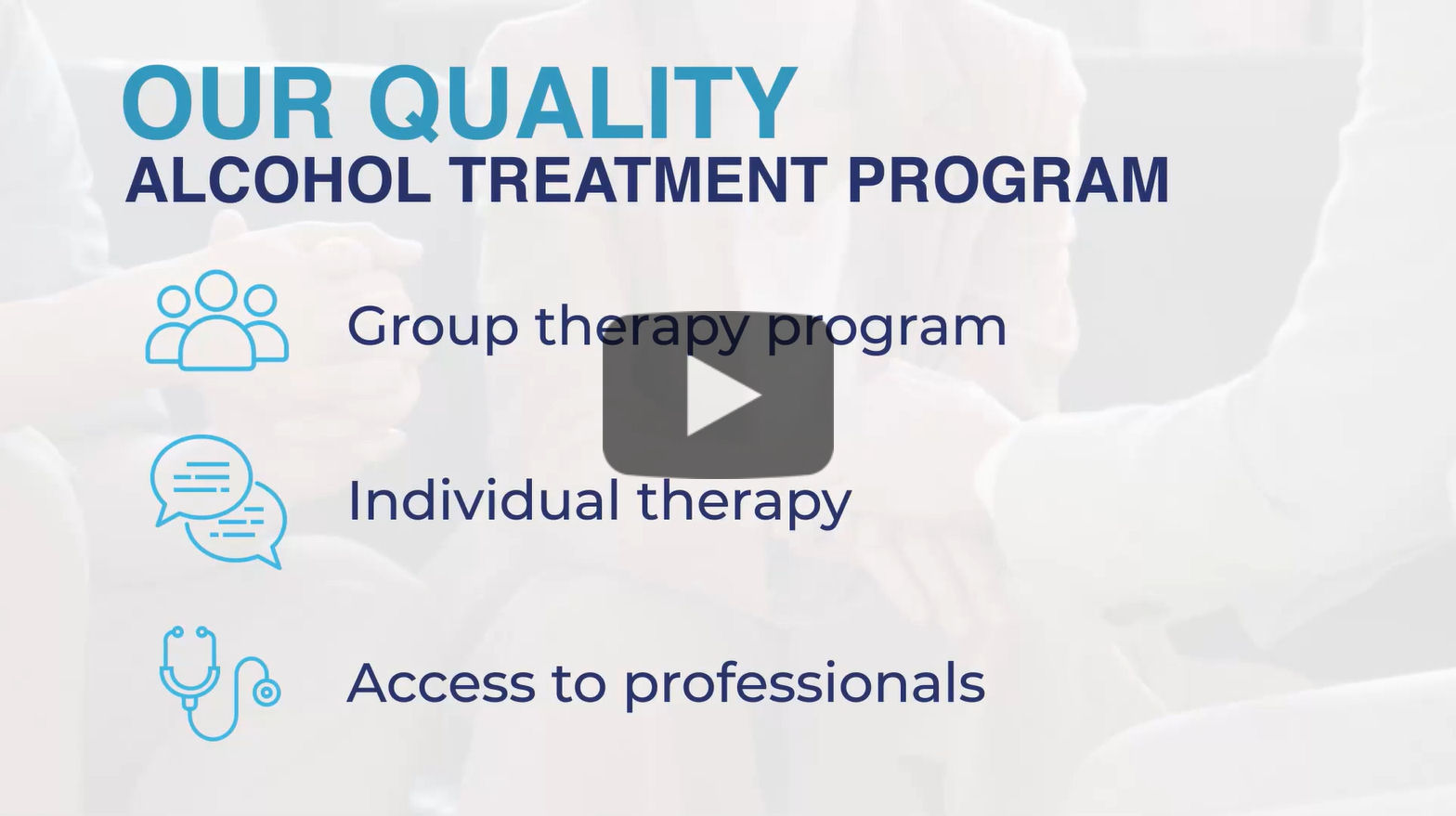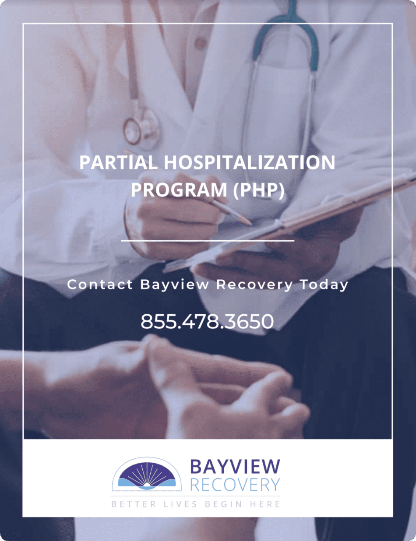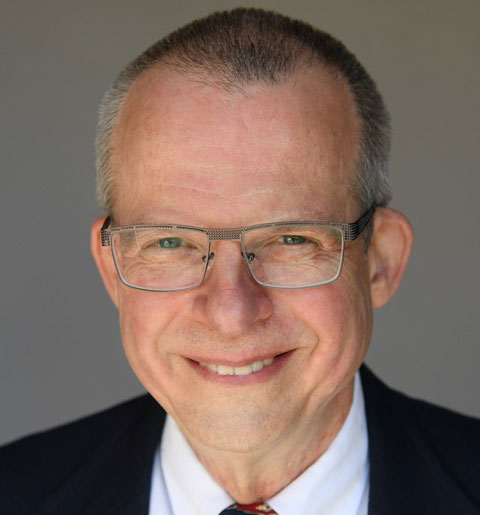Alcohol Rehab in Washington State
Addiction is a disease and like any disease, it often requires treatment to address properly. Alcohol addiction, or Alcohol Use Disorder (AUD), can be tough to navigate for both the person suffering and those around them.
Alcohol addiction affects over 14 million Americans every year. Since alcohol is a legal substance for anyone in the United States over the age of 21 it is easily accessible and socially acceptable, unlike many other substances of abuse.
This can make it difficult at times for those suffering from an AUD to admit that they have a problem and even for the family members and loved ones of the person suffering to spot.
At Bayview Recovery, we understand the importance of substance abuse treatment of all kinds, including alcohol addiction. Our programs for addiction treatment in Washington State offer a safe and supportive environment to get the help that you need to recover from your alcohol use disorder.


How Does Alcohol Abuse Start?
Whether intentional or not, many people don’t view alcohol and alcohol abuse in the same light as other illicit substances. After all, it’s legal, easily accessible, and an accepted part of our society from TV shows and movies to advertisements everywhere you look.
Since many people have such a casual outlook toward alcohol they tend to start using it at a young age and may not view alcohol abuse or addiction as a serious issue, instead viewing it simply as an obstacle that they may have to overcome or even simply look over.
This view of alcohol can often lead to people using and abusing alcohol in unhealthy ways. Drinking in excess, or binge drinking is fairly common and is not only a form of alcohol abuse, but it can also cause major health issues and even result in changes in a person’s brain chemistry.
These changes in brain chemistry can often lead to alcohol addiction, or alcohol use disorder. When a person’s alcohol use reaches a level of dependency or addiction it means that they can’t stop drinking, even if they want to. Without proper treatment, it can also cause potentially life-threatening major medical issues.
If you or a loved one are dealing with alcoholism, our substance abuse treatment center in Washington State can help.
How
Does Alcohol Abuse and Addiction Affect Your Health?
Drinking alcohol, especially drinking in excess can have an impact on your overall health both short-term and long-term. The more severe your alcohol abuse, dependency, or addiction is, the worse your alcohol-related health issues can get. In some extreme cases, alcohol abuse can even lead to death.
Some of the health risks associated with alcohol abuse and addiction include:
- Liver damage
- High blood pressure
- Cardiomyopathy
- Various cancers such as throat, mouth, and liver cancer
- Alcohol hepatitis
- Stroke
Alcohol can not only have an adverse effect on the body physically but mentally as well. Those battling alcohol abuse and addiction often struggle with mental health conditions as well. While in some cases alcohol may be used as a way to deal with a pre-existing mental health condition, whether intentionally or unintentionally, in other cases the changes in brain chemistry that can occur with regular alcohol use can lead to the development of one or multiple mental health issues.

Signs and Symptoms of Alcohol Addiction
As we touched on, unlike other substances of abuse it might not always be easy to spot when you or a loved one is suffering from alcohol addiction. Since alcohol is legal and available practically everywhere, just having alcohol around doesn’t always mean that there is a problem.
Since alcohol dependency and addiction can be deadly when left untreated it is important to know the signs and symptoms of alcohol addiction so you or a loved one can get the treatment you need right away at an alcohol rehab in Washington State.
Alcohol Substance Abuse Treatment Programs
Alcohol dependency is tragically common, in large part because alcohol is so easily accessible and part of the fabric of many social gatherings, whether it’s family and friends or work-related.
You might have an alcohol problem if you have one or more of these symptoms:
- An inability to curb drinking
- Loss of focus or interest in activities
- Withdrawal from social situations
- Unpredictable, violent, or extreme behavior
- Unpredictable, violent, or extreme behavior Performance issues at work or school
- Mental health issues, such as anxiety, depression
Because of alcohol’s prevalence and the relatively high risk of relapse, you will need professional help to overcome alcohol dependency. Also, you will need a stable, long-term aftercare plan to ensure you stay sober. Rather than a burden, programs for recovering alcoholics can be a place to get much-need, judgment-free support from people just like you and their loved ones. Bayview Recovery can ensure you get the medical and psychological treatments you need and the right kind of aftercare to give you the highest likelihood of success.
Below are some of the signs that your alcohol use may be at an unhealthy level:
- You are needing more and more alcohol to reach your desired effect (ie. get drunk or catch a buzz)
- You are prioritizing alcohol over responsibilities at home or work
- You are thinking about or drinking every day
- You are using alcohol as a way to self-medicate a mental health issues such as depression, anxiety, or stress
- You are hiding your drinking from others
- You feel like you need a drink to feel normal or get through the day
- You want to quit drinking or have even tried to quit and were unsuccessful
- You continue to drink even though it is causing problems
- You are experiencing legal or financial trouble as a result of drinking
- You are drinking in risky or dangerous situations (ie. drinking and driving, etc)


Someone battling alcohol addiction will often show physical symptoms as well, including:
- Slurred speech
- Blurry vision
- Poor coordination
- High blood pressure
- Weakened immune system
- Vomiting
- Slow heart rate
- Hallucinations
- Changes in weight
- Delirium
- Irregular heartbeat
- Sweating
- Seizure
Treatment for Alcohol Addiction
At the first sign of an alcohol abuse or addiction issue being present it is important to seek treatment right away. Even if you are simply looking to wean yourself off alcohol it is important to do so under proper medical care and supervision.
When you have made the decision to stop drinking and seek help, it is important to enter into a detox program immediately. Detoxing is the first step in the treatment process and is done in order to naturally rid the body of all the alcohol that is in it, along with any and all other harmful substances. Detoxing allows the body and the brain to begin the healing process.
The withdrawal symptoms associated with alcohol detox can be incredibly dangerous and even life-threatening if detoxing is not done under proper medical supervision.
Symptoms of alcohol withdrawal can include:
- Anxiety
- Depression
- Agitation
- Sweating
- Vomiting
- Nausea
- Fever
- Insomnia
- Tremors
- Increased heart rate
- Hallucinations
- Irregular heartbeat
- Confusion
- Seizures
By undergoing medical detox, you may be administered medications in order to help alleviate some of the withdrawal symptoms and make the overall detox process more comfortable.
Once detox has been completed, the next step is to begin alcohol treatment in Washington State. Regardless of the treatment program that you enter, your time in rehab will consist of various therapies and treatment services, all designed to address your substance abuse issue.
At Bayview Recovery, we provide you with tools to support you through your addiction recovery every step of the way. That includes working closely with you through therapy programs such as:
- Individual Therapy
- Group Therapy
- Trauma Therapy
- Dialectical Behavior Therapy (DBT)
- Cognitive-Behavioral Therapy (CBT)
- Family Therapy
Through our various therapy programs you will better understand the factors that led to your alcohol addiction. You will also learn new, healthy ways to deal with these triggers and temptations without the use of alcohol.
For many people, their alcohol addiction is just the tip of the iceberg when it comes to issues they are dealing with. Their alcohol abuse and subsequent addiction might have been the result of attempting to use alcohol as a form of self-medication for a mental health issue. Or their alcohol abuse may have led to the development of a new mental health condition.
For those battling a co-occurring disorder such as a mental health condition and a substance abuse disorder, dual diagnosis treatment may be recommended in order to address both issues at the same time.
At Bayview Recovery we offer a variety of dual diagnosis treatment programs for those suffering from substance use disorder as well as mental health conditions such as:
- Bipolar Disorder
- General Anxiety Disorder
- Social Anxiety Disorder
- Panic Disorder
- Phobias
- Post-Traumatic Stress Disorder (PTSD)
- Depression
- Anger Management
- Codependency
- Grief and Loss
Are You In Need of Alcohol Rehab in
Washington State?
An addiction you can’t break free from can be a cause of great despair. If you also suffer from a mental health condition, whether it has caused your addiction or been produced by it, this can increase your feelings of hopelessness. You may feel like you will never break free or be healthy again.
At Bayview Recovery, we understand what you are going through and are here to help. We’ve already helped thousands overcome addiction and the mental health issues that often coincide. There is no cure for addiction or a mental health diagnosis, but with a mental health treatment center, you can enjoy a sober and happy life sooner than you think.
We offer a range of therapeutic options, including:

For more information on our treatment services, or to get started on the road to recovery, contact us today.
“The staff at the center has been remarkable in their care for our loved one. Tuni was with us the whole way as we tried to get this person into treatment. They continue to assist us as the process continues. Great work!”
Ray O
“I have been trying to get sober the past 3 years and I have been to treatment 5 times. Bayview Recovery was my 6th time. They helped me get to 142 days sober! I was a handful hot mess when I got there but the team never gave up on me. They work with families and they truly care about them too. Bayview house’s are clean and comfortable and the staff is amazing. They plan for fun events weekly and they want you to have fun. If your looking for something different call them it will save your LIFE!”
Cindy J
“Bayview is dedicated to providing clients the healthiest environment to develop a solid foundation in their recovery. The therapists and medical team are devoted to ensure clients have the best individualized care. I highly recommend Bayview for anyone seeking a highly professional treatment program. The care and compassion given to clients is remarkable.”
Robin M
“This is a fantastic facility with outstanding staff. If you or a loved one is struggling this is a great program to start the journey of recovery and get life long skills and relationships to begin a new life!”
Garrett T
“Just picked up our daughter after 90 days at Bayview Recovery. Loved the staff and facility, do not know what the future holds ???????? but while at Bayview , always felt informed. Highly recommend, incredibly helpful especially at the very beginning when we were so helpless and needed help the most – God Bless.”
Rosie S
Dave Cundiff, MD, MPH is an experienced leader in the field of Substance Use Disorder treatment. He works with patients suffering from Substance Use Disorder to evaluate their medication needs and prescribe treatments accordingly. In addition, he regularly participates in all-staff debriefing sessions involving peers, nurses, and other prescribers. He also reviews and advises on policies, procedures, and techniques for treating substance use disorder.






